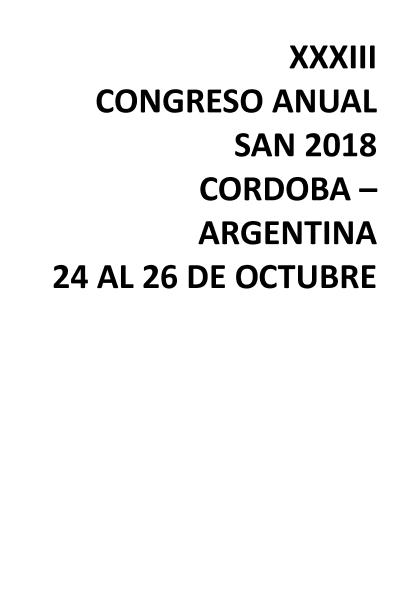Evento
An insulin like-peptide, INS-3, bridges neural perception of stressors with intracellular defensive mechanisms in non-neuronal cells of C. elegans
Veuthey, Tania Vanesa ; Giunti, Sebastián
; Giunti, Sebastián ; Masson, Camila; de Rosa, Maria Jose
; Masson, Camila; de Rosa, Maria Jose ; Rayes, Diego Hernán
; Rayes, Diego Hernán
 ; Giunti, Sebastián
; Giunti, Sebastián ; Masson, Camila; de Rosa, Maria Jose
; Masson, Camila; de Rosa, Maria Jose ; Rayes, Diego Hernán
; Rayes, Diego Hernán
Tipo del evento:
Congreso
Nombre del evento:
XXXIII Congreso Anual de la Sociedad Argentina de Investigación en Neurociencias
Fecha del evento:
24/10/2018
Institución Organizadora:
Sociedad Argentina de Investigación en Neurociencias;
Título del Libro:
XXXIII Congreso Anual de la Sociedad Argentina de Investigación en Neurociencias
Editorial:
Sociedad Argentina de Investigación en Neurociencias
Idioma:
Inglés
Clasificación temática:
Resumen
Multicellular organisms coordinate the systemic response to stress. We have shown that in C. elegans the acute-stress response activates neurons that release tyramine (TA), the invertebrate analog of adrenaline/noradrenaline. TA stimulates the DAF-2/Insulin/IGF-1 pathway and precludes the nuclear translocation of the DAF-16/FOXO transcription factor through the activation of an adrenergic-like receptor TYRA-3 in the intestine. In contrast, environmental long-term stressors reduce TA release allowing the induction of FOXO-dependent cytoprotective genes. However, how the insuline and tyraminergic pathway are linked is unknown. We here found that genetic silencing of an insulin like-peptide (ILP) (INS-3) increases the resistance to thermal and oxidative stress, reaching levels similar to tdc-1 (incapable of synthetizing TA) and tyra-3 null mutants. Moreover, unlike wild type animals, exogenous TA does not impair oxidative or thermal stress resistance. In addition, double null mutants between TA- deficient and ILPs null mutants (tdc-1 or tyra-3 with ins-3 or 7) showed levels of stress resistance similar to those found in INS-3 single null mutants, suggesting genetic interaction. Intestinal expression of INS-3 rescues the resistance phenotype of INS-3 null mutants to wild-type levels. We proposed that TA released form the nervous system promotes intestinal release of ILPs, which activate DAF-2 in other cells, inhibiting the systemic stress response mediated by DAF-16/FOXO.
Palabras clave:
Insuline
,
C. ELEGANS
,
stress
,
tyramnine
Archivos asociados
Licencia
Identificadores
Colecciones
Eventos(INIBIBB)
Eventos de INST.DE INVEST.BIOQUIMICAS BAHIA BLANCA (I)
Eventos de INST.DE INVEST.BIOQUIMICAS BAHIA BLANCA (I)
Citación
An insulin like-peptide, INS-3, bridges neural perception of stressors with intracellular defensive mechanisms in non-neuronal cells of C. elegans; XXXIII Congreso Anual de la Sociedad Argentina de Investigación en Neurociencias; Cordoba; Argentina; 2018; 343-343
Compartir



